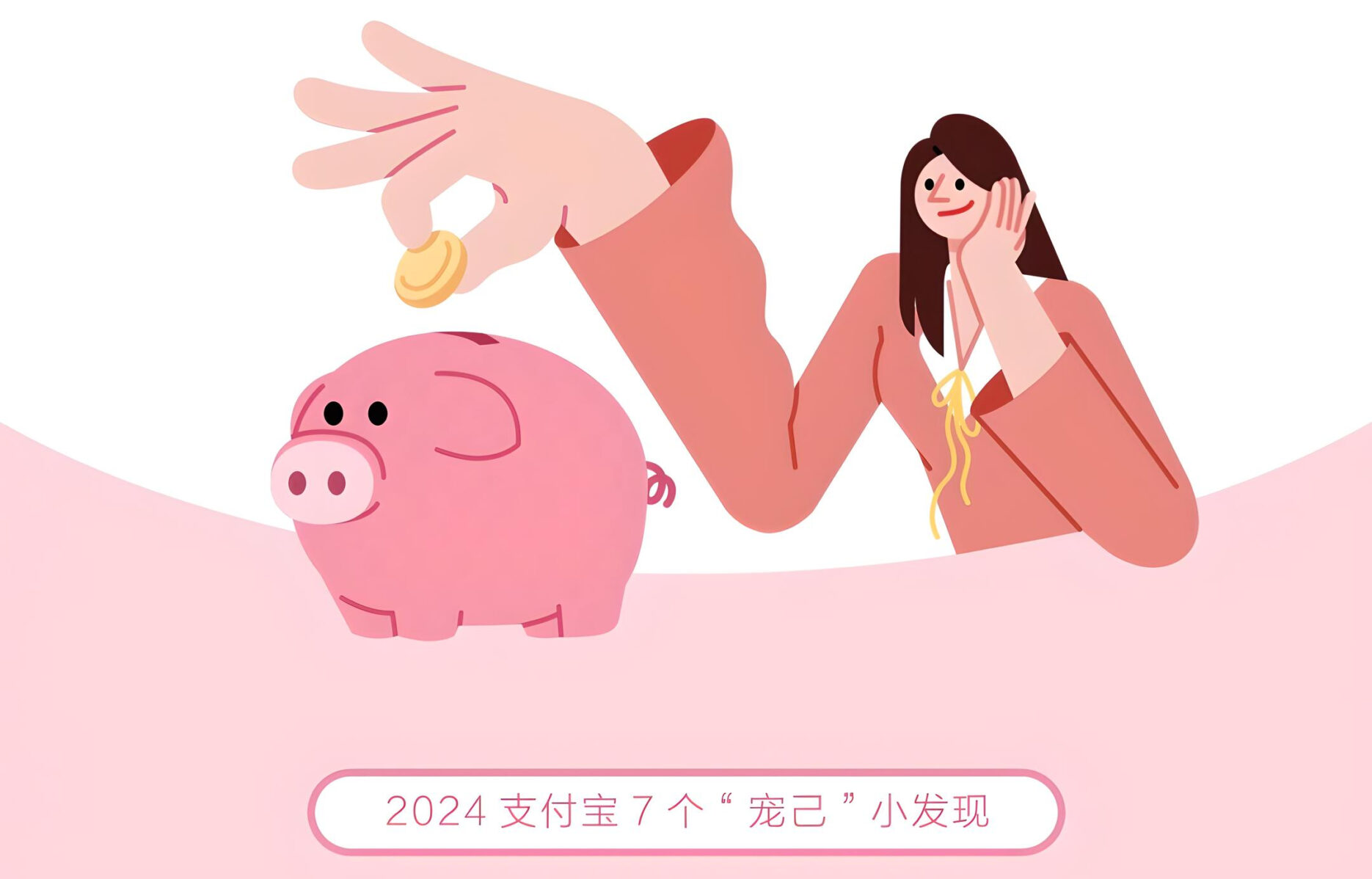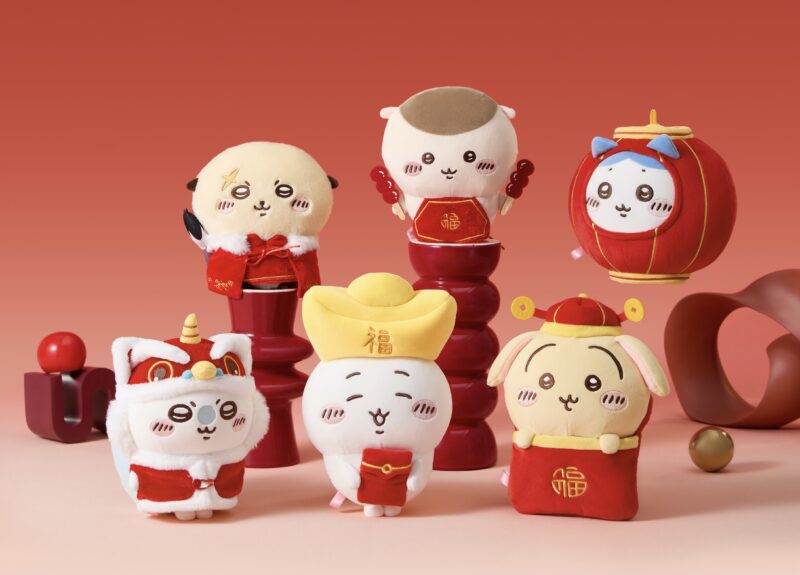Towards the end of 2024, Alibaba’s payment platform Alipay unveiled its word of the year: “宠己” (chong ji), meaning “self-care”, “self-love” or “self-indulgence”. It is, of course, a play on the “悦己” or “悦己经济” (self-pleasing or self-pleasing economy) that has been rising since early 2022 but became a buzzword last year. Alipay, after analysing its own data, revealed the 7 major self-care trends in the past year.
The ways Alipay users took care of themselves on the platform in 2024 included purchasing virtual garments for their avatars, 7 million people got over 50 sets of skins for pet chicks in the “Ant Farm” mini-game; hiring instead of buying as the rental of PlayStation 5 gaming consoles grew 50% after the release of Black Myth: Wukong; 270,000 people saved money by following the storylines on “Little Purse”, saving 55 million RMB (7.53 million USD) in total; the post-00s generation saved money 20 times a month on average; the post-80s and post-90s generations bought health insurance usually after 10pm at night; over 30 million users watched videos on Alipay to learn about their pension in advance; 120 million people used AI for travel, health and investment.
Alipay also unveiled a promotional video for the keyword of the year. The video parodies classic TV programmes like weather forecasts and news, in a retro 1990s and 2000s aesthetic, following the Y2K trend. The half-joking, half-heartfelt tone echoes the selected “self-care trends”.
These trends are not only limited to the “emotional value” that functions of the app provide but also practical money-saving moves. The difference between Alipay’s “self-care” and “self-pleasing”, is that Alipay puts its focus on saving instead of spending. In the uncertain economic environment, saving and spending smart are becoming the mainstream, especially for younger generations. How brands can leverage this growing trend of self-pleasing and self-care, on the other hand, is a question for 2025.









